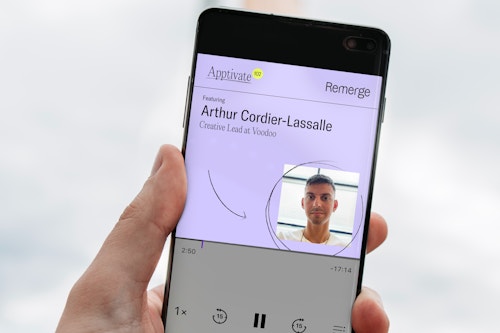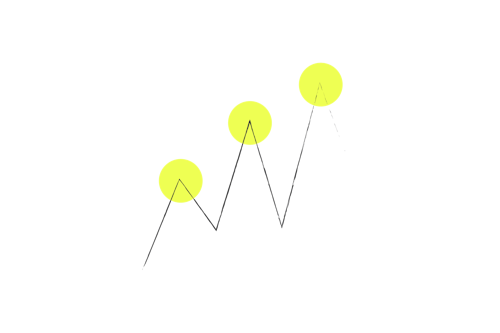Ep. 102 How to Nail Humor in Your Mobile Ad Creatives
September 28, 2021

Today’s guest leads the creative team at a hyper-casual gaming studio whose ads have probably caught your eye. He’s an expert at cheffing up the right amount of shock, weirdness, and humor to make memorable mobile ads that perform and inform gameplay based on universal experiences we can all relate to.
Arthur Cordier-Lassalle is the Creative Lead at Voodoo, a mobile gaming studio specializing in hyper-casual games. Previous to Voodoo, Arthur was a UI/Motion designer for Emissive. He is based in Paris.
Listen and Subscribe
Questions Arthur Answers In This Episode
- What does your day-to-day look like creating ads for Voodoo? How big is your team?
- What is the underlying theme that drives your creative approach?
- What’s weird is relative. Talk to me about how you arrive at these creative concepts.
- What was a successful ad you had achieving humor?
- What’s the life expectancy for a successful creative ad, like the one you described?
- When you’re iterating, how are the concepts that you’re focusing on?
- What has you excited about the future of creatives within Voodoo?
Timestamp
- 1:29 A little about Voodoo
- 3:08 Arthur’s background
- 5:57 Creating ads for Voodoo games
- 7:53 Balancing what works with the unusual
- 9:33 Why “shock” isn’t a great strategy
- 10:02 How humor can work
- 17:25 Shelf life of creatives
- 18:04 Identifying what to iterate on
- 19:00 What’s to come
Quotes
(7:53-8:15) “What we like to do is first, keeping the balance between what we know is performing well and what new stuff we can do. My shtick with this is trying to find a daring creative, something that is going to stop the user in his track and have a moment of ‘What the fuck am I looking at?’”
(15:55-16:07) “We kind of have a saying that is ‘we don’t know what works, so we just test.’ We don’t have anybody that says, ‘Okay, this is not going to work, don’t do it.’ We ultimately just rely on data.”





